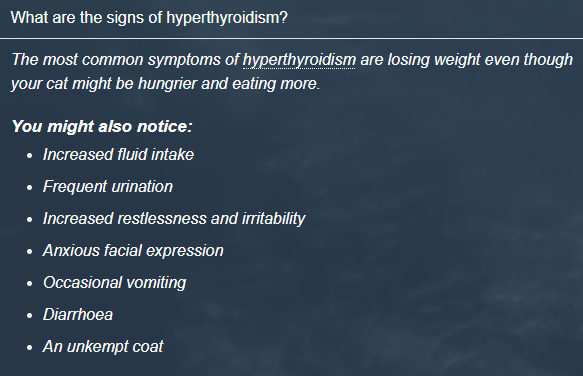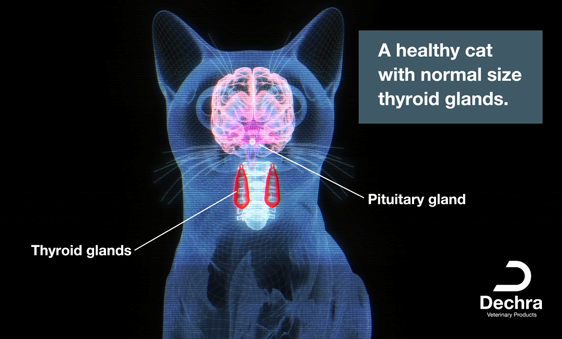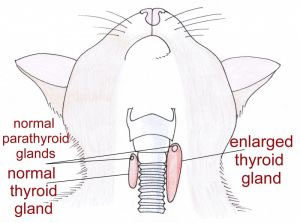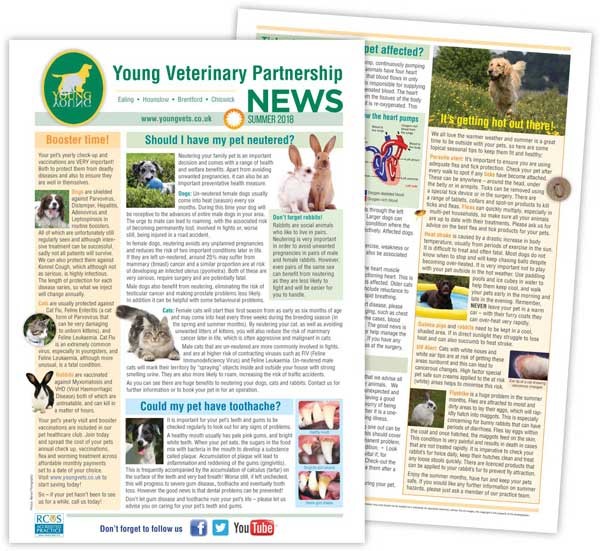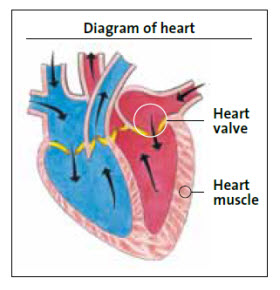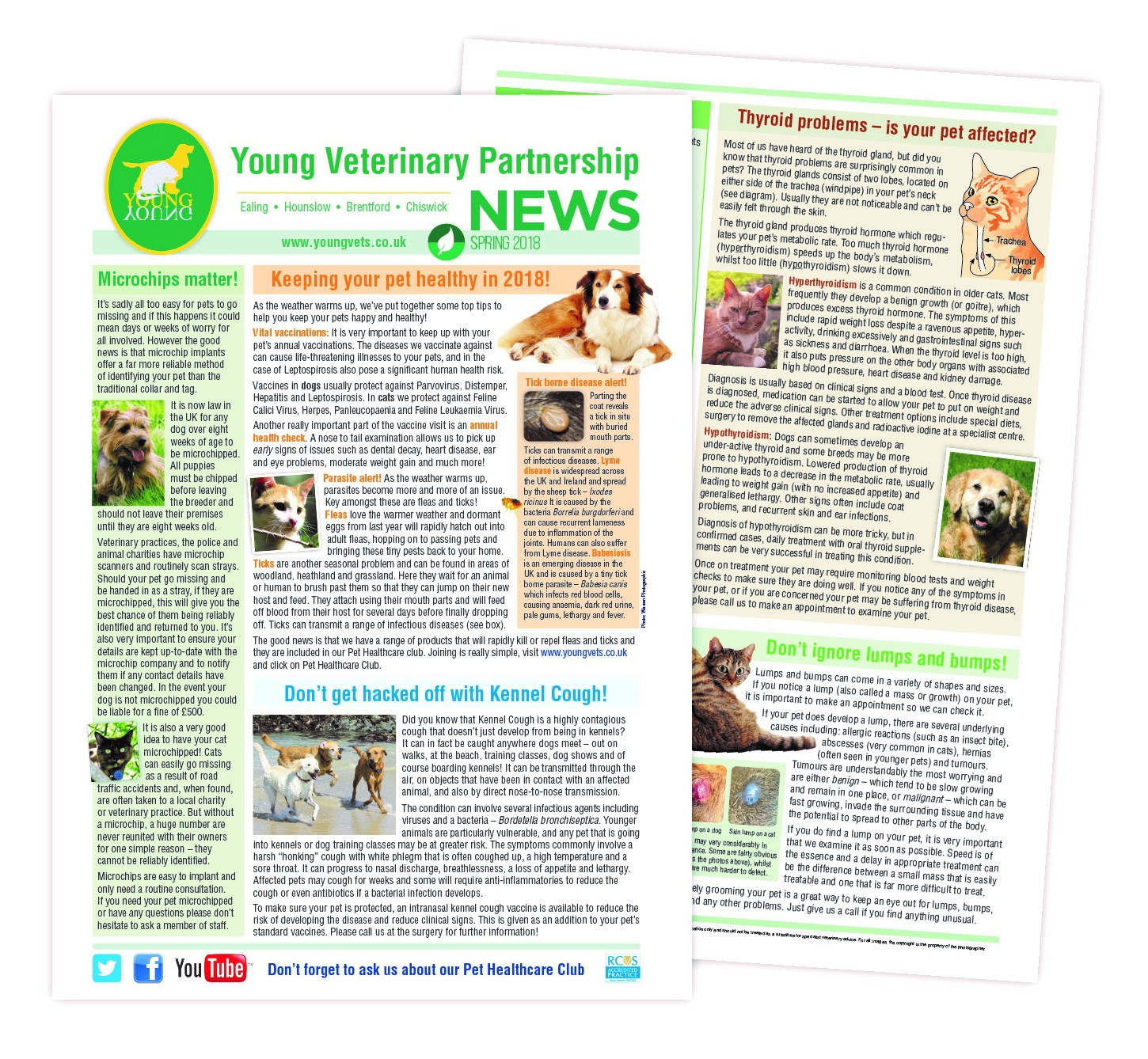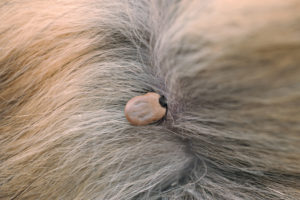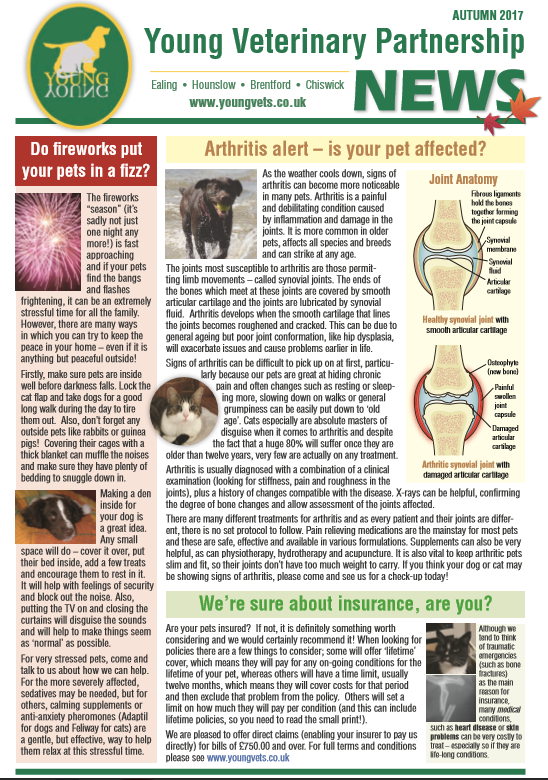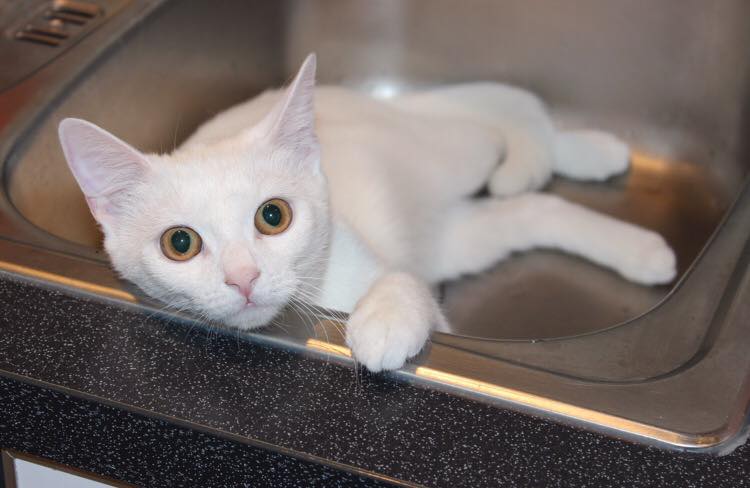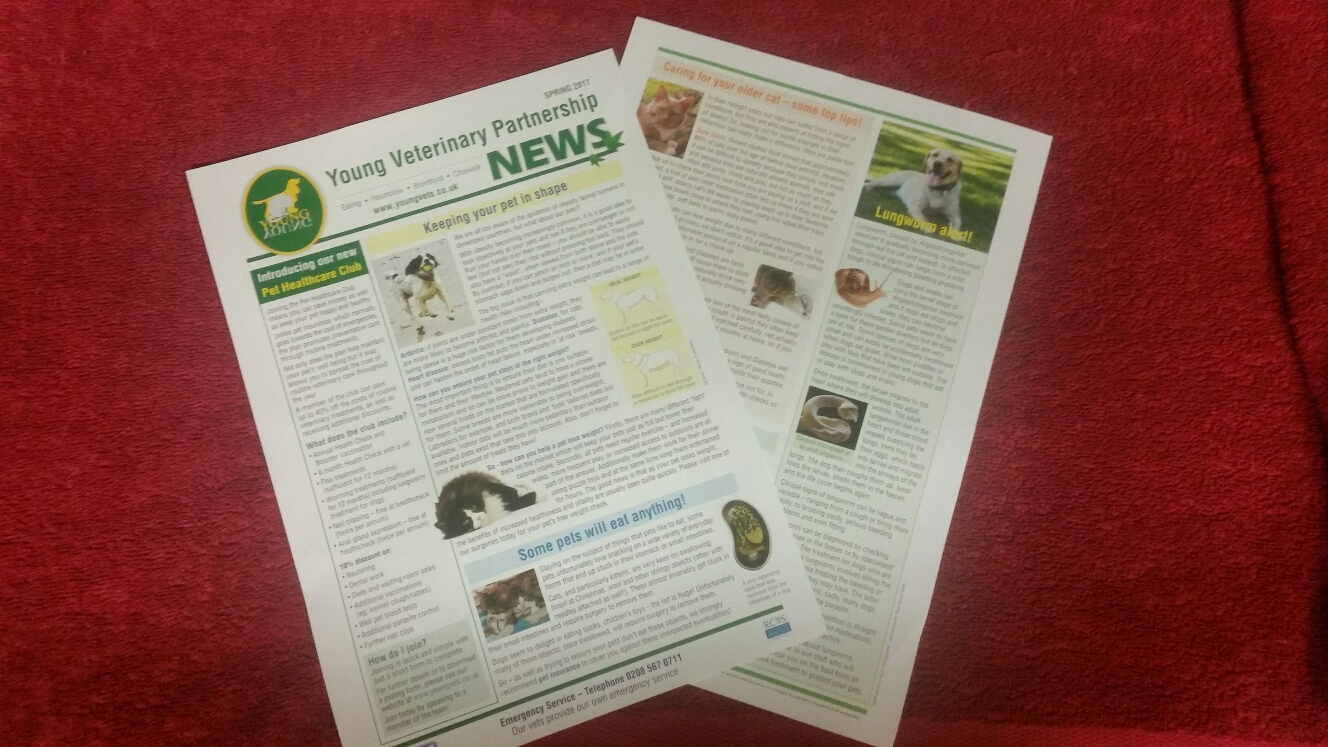What to do if your cat or dog goes missing.
Have a read through our 5 minute blog below. Hopefully you will never experience the panic of a missing pet but its good to know what to do in the event of a missing pet emergency.

Did you know it is a legal requirement for all dogs over the age of 8 weeks old to be micro-chipped. Here at Young Vets we always recommend micro-chipping your cat too, as it is the most reliable form of identification and cannot be lost unlike a collar or harness. Should your dog disappear whilst out on a walk or your cat isn’t waiting at its food bowl at dinner, don’t panic, have a read through our short blog for help and advise.
Lost Dogs :
If your dog has gone missing at the park, walk an extra lap or two, ideally squeaking their favourite toy or rustling a packet to tempt them out if they are hiding. Call anyone you live with, to check if your dog has taken its self home. Your pet may be waiting on your doorstep – it happens more than you may think!
Lost Cats :
Firstly triple check your house, cats are fantastic at hide and seek and can squeeze into the smallest spaces and highest cupboards. If you are sure your feline friend is not home knock on your neighbours doors and put posters around where you live. Curious cats often get shut in garages and sheds by accident so ask around where you live.

Remember do NOT panic. Contact all local vets, dog wardens and animal charities in the area. Make sure you have handy :
A description of your pet – Colour, sex, breed and age
Your pets microchip number
What area they are missing from
Your contact information
Call your pets microchip company to inform them your pet is missing and make sure that your contact details are all up to date and correct. You may even want to do this TODAY – so should your pet ever go missing you will be reunited quicker if your contact details are all up to date.
Pet Insurance – Your insurance company may be able to offer you help and support in reuniting you with your lost pet. The small print of your policy may also require you notify them in-case it results in you making a claim on your policy.

Social Media – Like it or hate it – In the event of a missing pet the power of social media can be very useful. In a matter of hours hundreds of people and companies near you can be made aware of your missing pet, helping spread the word and more eyes on the look out to help you.
Our vets Top Tips :
If your puppy or dog has not quite perfected their recall – work with a dog trainer to improve this but if you have to let your dog off lead for exercise, please only do this when it is safe. Make sure you are in an enclosed space and your puppy has a long lead attached making it easier for you to catch them.
When doing recall practice no matter how long it takes when your dog comes back to you give them a treat and a pat – Do NOT tell them off, even if they have been a bit slow coming back. Their recall will not get better if you tell them off when they come back to you.
Microchip your pet and ensure that you keep your contact information up to date.
If you have a new cat or kitten, keep them inside for at least 2 weeks so they are relaxed and happy in their new home. When the time comes and you do let them out, do it when they are hungry – they are less likely to stray if they know where their food bowl is.
Take regular pictures of your pet – should you need to make a missing flyer or poster the more recent the picture the better chance people have of noticing your pet.
Neutering your pet – Female dogs can panic and bolt if they are receiving too much unwanted male attention. Castrating your male dog tends to control their testosterone levels making them less likely to wander off in search of a mate. Neutering your cat can reducing them straying and fighting with other cats in the area.


